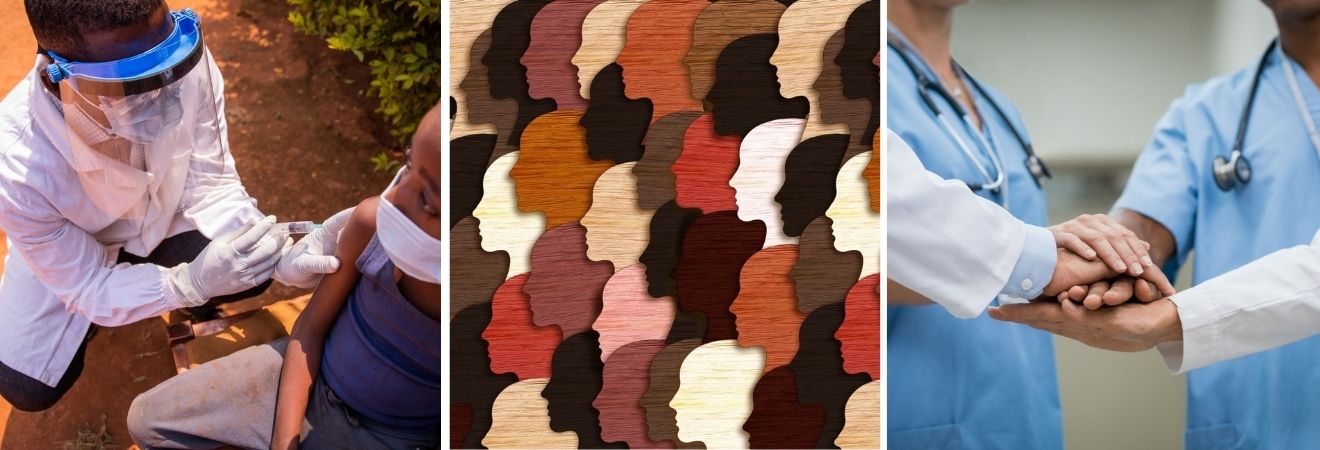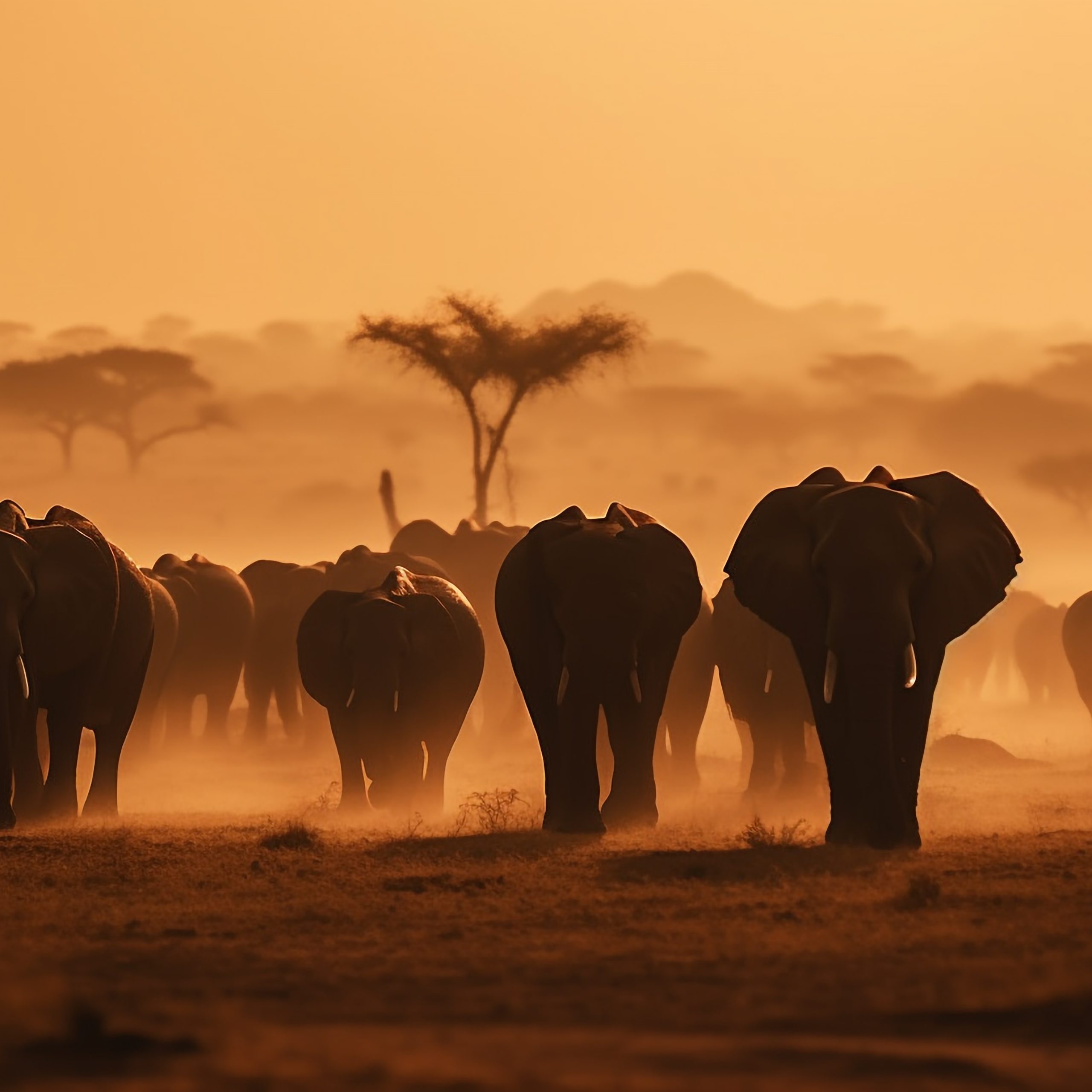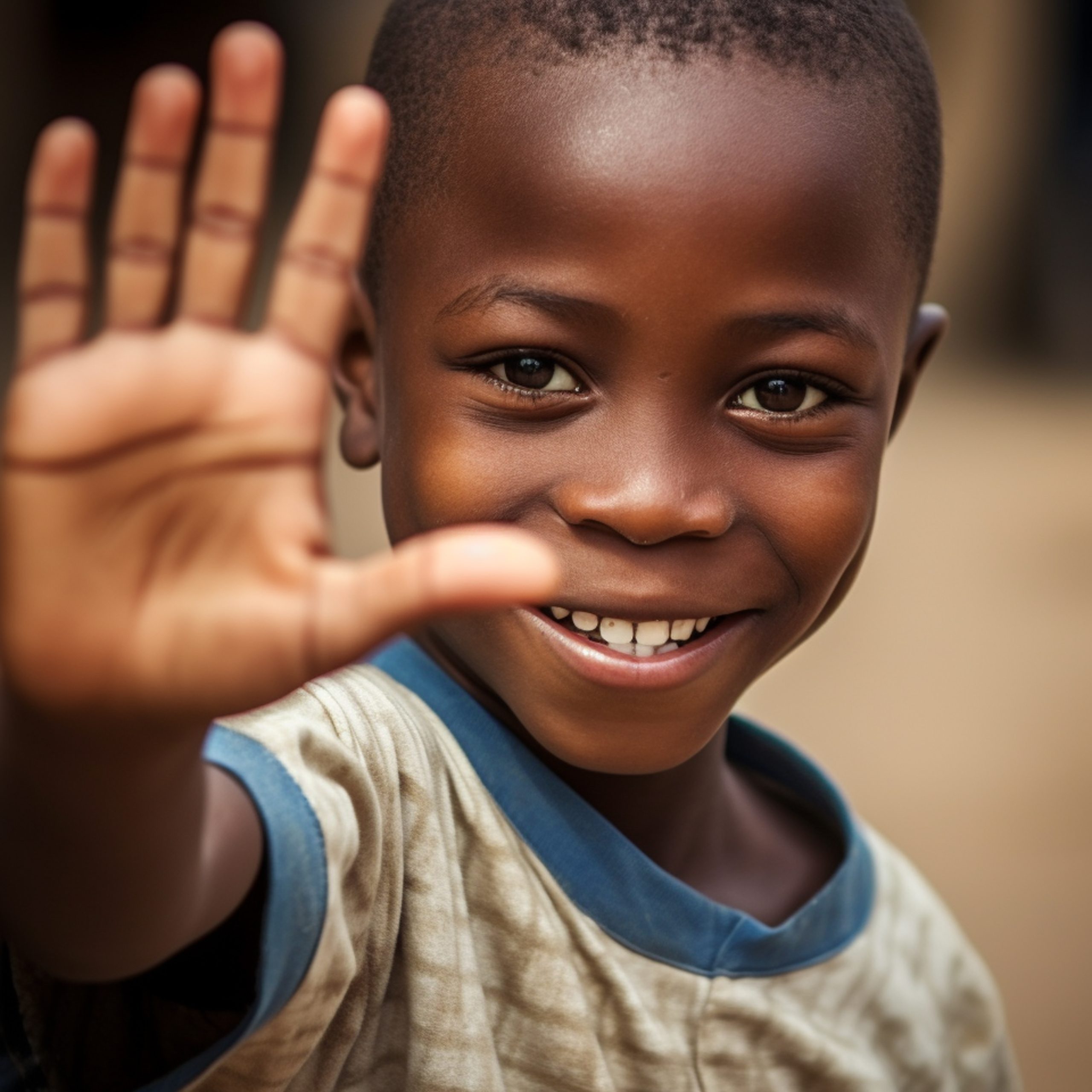A LOOMING HEALTHCARE CHALLENGE: DRC’S STRUGGLE AMID POPULATION BOOM
By Mostafa Sleem updated on May 28, 2024
The Democratic Republic of the Congo (DRC), home to over 100 million people, had a life expectancy of 62.4 years in 2019, a significant increase from 52.4 years in 2000. The population is expected to reach 200 million by 2050. Despite this growth, the country faces a high mortality rate, with an estimated 846 deaths per 100,000 live births. The President of the DRC has initiated free maternity healthcare, encouraging population growth. Is it a step forward or a path to overcrowded clinics?
The healthcare system in the Democratic Republic of the Congo faces significant challenges, exacerbated by ongoing conflicts, frequent disease outbreaks, and limited resources. The DRC is dealing with multiple health emergencies, including cholera, measles, Ebola, and a significant mpox outbreak, with over 13,000 suspected cases and more than 600 deaths reported since January 2023.
Health infrastructure is severely underfunded, with per capita health expenditure being one of the lowest globally. Recent reports indicate that maternal and child health indicators remain poor, with high mortality rates and low access to essential healthcare services.
Let’s start with the obvious!
It is no surprise that the health sector in the DRC faces significant barriers, and in particular economic barriers, to accessing basic healthcare. The DRC is considered one of the poorest countries in the world, with over 60% of the population living below the poverty line. The lack of health insurance coverage and the high cost of healthcare discourage regular medical check-ups. Unemployment also limits individuals’ ability to afford healthcare.
The underfunded healthcare system suffers from a lack of essential medical equipment, supplies, and trained personnel. Government spending is low, allowing the private sector to take over, offering higher-quality private care, but only to the niche public that can afford it.
While the private sector has made some investments in developing medical centers and hospitals, healthcare facilities are predominantly available in urban areas, leaving rural regions with inadequate healthcare infrastructure. Many healthcare facilities have been damaged or destroyed in conflict zones, especially in the east, creating further barriers to accessing healthcare and leading to significantly high mortality rates.

Dive deep into taboos and stigmas – expand your understanding of the problem!
The issue extends beyond logistical and economic challenges; it is deeply rooted in the culture of the DRC, which has historically lagged behind. Today, many Congolese suffer and die from preventable conditions due to a lack of access to preventative care. It’s not their fault that they are unaware, but this must be considered when understanding the problem holistically.
In recent years, the government, along with international stakeholders, has initiated efforts to provide preventative care. During the COVID-19 pandemic, the Ministry of Health and PEV collaborated with international partners to vaccinate the population. Despite these efforts, many people did not visit vaccination centers, believing COVID-19 to be a “white man’s disease.” Although the government has launched extensive vaccination and prevention campaigns for many diseases, many people in the DRC rely on traditional healers, clerics, and herbal medicine due to deep-rooted cultural practices and beliefs. Traditional medicine is believed to address not only physical ailments but also spiritual and social issues.
However, in today’s context, this is insufficient. Regular check-ups are crucial for disease prevention by identifying potential health issues early on. Regular health checks help monitor risk factors such as high blood pressure, high cholesterol, and obesity. They also identify chronic conditions such as diabetes, hypertension, and heart disease.
Many people in the DRC die without their families knowing the cause of death. In some cases, diseases are considered the work of the devil or a curse from God. Education plays a key role, and it is the obligation of healthcare personnel to educate people during their check-up routines. By helping patients understand their diseases and risks, healthcare providers can educate them on healthy lifestyle choices and preventive practices. This education includes advice on diet, exercise, smoking cessation, and alcohol use, which are all critical factors in maintaining overall health and preventing disease.
All of the above merely scratches the surface. My colleague Reagan earlier discussed the “Precarity and Trivialization of Mental Health in the DRC,” an emergency often overlooked. Unfortunately, cultural beliefs and stigmas significantly impact people’s willingness to seek regular care. Mental health is highly stigmatized in the DRC, with sufferers often viewed as dangerous or possessed, leading to social isolation and reluctance to seek help. Similarly, despite efforts to educate the public about HIV/AIDS, those affected face discrimination and fear of ostracization, discouraging them from seeking help.
Let’s stop nagging! It’s time to take some action!
Thailand has significantly improved its healthcare system over the past few decades, largely due to the implementation of Universal Health Coverage (UHC) through the Universal Coverage Scheme (UCS) in 2002. This scheme has provided comprehensive healthcare services to about 75% of the population, dramatically increasing access for the poor and rural populations with minimal out-of-pocket expenses. The focus on primary healthcare, development of a multi-tiered health financing system, substantial investments in health infrastructure, and strategies to train and retain healthcare professionals have collectively enhanced healthcare accessibility and quality across the country.
As a result of these reforms, Thailand has seen marked improvements in health outcomes. Life expectancy has increased from 69 years in 2000 to 77 years in 2021, while maternal mortality has dropped from 48 deaths per 100,000 live births in 2000 to 20 in 2017. Child mortality rates have also significantly decreased, with under-five mortality falling from 27 per 1,000 live births in 2000 to 10 in 2019. Additionally, Thailand has made notable progress in controlling infectious diseases such as HIV/AIDS, tuberculosis, and malaria, underscoring the effectiveness of its public health campaigns and treatment programs. These advancements demonstrate the positive impact of comprehensive health policies and investments in infrastructure and workforce development, serving as a model for other countries.
As the DRC continues to expand its presence in Africa, improving the healthcare system is crucial to the development of its population. Access to healthcare is essential for building a higher quality of life, alleviating the burden of illness through prevention and early detection.
Normalizing regular check-ups and raising awareness about their importance requires a multifaceted approach. Key stakeholders must form partnerships to achieve essential steps. The government must ensure that healthcare facilities are accessible to the entire population by mapping current locations and identifying areas that need new facilities. Additionally, collaborating with relevant stakeholders to expand and strengthen healthcare facilities and infrastructure is vital for comprehensive healthcare reform. Implementing affordable medication programs will make healthcare more accessible to everyone. Furthermore, engaging community leaders and healthcare professionals to break stigmas and educate the public is essential for fostering a health-conscious society.
Enhancing financial access through insurance coverage and government assistance programs can alleviate the economic barriers to healthcare. Investing in the continuous development and retention of healthcare workers will ensure a skilled workforce. Educating the public about mental health and addressing stigmas will promote mental well-being alongside physical health.
Building a robust healthcare sector requires collective efforts from all fronts, ensuring the population feels secure about their health and is relieved from the burden of illness. By taking these proactive steps, the DRC can pave the way for a healthier, more prosperous future for its people.
The journey to improving healthcare in the Democratic Republic of the Congo (DRC) is an urgent and necessary endeavor. With the population expected to reach 200 million by 2050, it is imperative that the nation addresses the severe challenges facing its healthcare system. The strides made by countries like Thailand, through the implementation of universal health coverage and strategic health policies, serve as an inspiring model. Thailand’s success story highlights that with commitment, collaboration, and investment, significant improvements in health outcomes are possible.
For the DRC, normalizing regular check-ups and raising awareness about their importance are critical steps towards a healthier future. Readers are urged to schedule their regular health check-ups, which are essential for early detection and prevention of diseases. Free or low-cost services are available at various healthcare facilities, particularly those supported by government initiatives and international aid programs. Community health centers, especially in urban areas, often provide affordable care. It is vital to utilize these resources, seek regular medical advice, and participate in health education programs. By taking these steps, we can collectively work towards a resilient and well-structured healthcare system that secures the well-being of the Congolese people.



